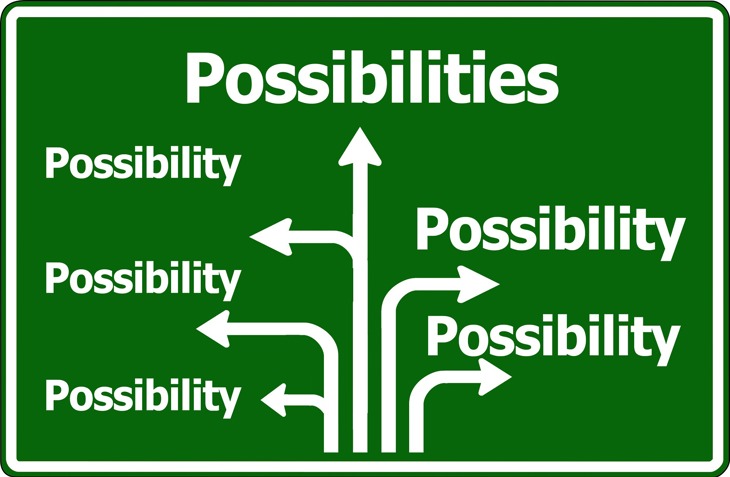
Jérôme Jean Haegeli: From an economic point of view, if you look back over the past 10-11 years, since 2008, there has been an expansion globally that has been very subdued on the real economy and the expansion of the asset price development that we have seen on the financial markets has been detached from the real economy.
I expect this to continue for sometime but I don't expect this to happen on the macro side or the cycle overall.
The question of why this is happening has a lot to do with the central bank stepping in which is changing the market dynamics.
"I don't see the resilience of the global economy has improved at all so the
risk is that we are close to the end of the market cycle."
Since July, there has been a record timeline of business expansion in the US as there has never been such a long expansion of over 11 years which has never been experienced before.
This doesn't mean in itself that the business and market cycles dying out is more likely, but it is important to see where we are today overall in terms of the cycle and in terms of resilience.
Also, from the insurance side, where we do take a very long-term view, I don't see the resilience of the global economy has improved at all so the risk is that we are close to the end of the market cycle.
Jérôme: A good long-term investment opportunity is a challenge because today if we look at the amount of negative yielding sovereign debt globally, which stands at $13.5 trillion, never in history have we seen this amount of debt.
This means that simply hunting for yield is the wrong strategy as you simply need to get some return.
From a long-term investment perspective as well as the broader economic picture, I do feel that the environment speaks for real assets and that there is value in real asset investment opportunities within this area.
"I would expect the long-term investment community to continue
to look for alternative assets."
Infrastructure also has some additional benefits in terms of economic growth, although unfortunately infrastructure debt today is more illiquid but in the past the ratings agencies were very sure in terms of recovery as well as default characteristics but the comparative ratings are quite favourable.
I would expect the long-term investment community to continue to look for alternative assets as well as positive real assets that can be found in infrastructure.
Jérôme: It is an asset class of interest to the global long-term investment community. In terms of our original focus it is interesting to look at the developments overall as we get more trade able asset classes on the infrastructure side.
Whether you are risk averse or a more conservative investor, most investors can find through this asset class the regional fit that they need.
Jérôme: I do feel that volatility means more opportunity and it is also something that, unfortunately, if you look at a number of financial market metrics such as the VIX it is quite low.
We do have spikes in the bond and equity markets as well as the credit spreads over the past two years but market volatility is extremely low and this is quite unusual.
I see this as being driven by the central banks and I would caution to take today’s low volatility as the new normal.
"No one knows whether global easing will be a policy mistake, it will
only be made clear in retrospect."
It may also continue for a while so long as we have central banks continuing to act in the global easing mode and if you look at recent actions over the past few weeks and those to come in the following months, the global easing mode looks set to continue.
No one knows whether this will be a policy mistake, it will only be made clear in retrospect.
Higher volatility would certainly be an opportunity for investment and more importantly it would help in the pricing of risk and of course all allocations to the financial markets should be based on a fair price of risk.
Jérôme: Yes, absolutely and as an insurance company we are a long-term investor and our business is long term by nature so we have asset liability matching mechanisms and we are long-term thinking.
Jérôme: There is a likelihood of a 35% US recession in 2020 but at the same time we feel that there is resilience and we are focused on how to further improve resilience.
I would make the case to think longer term over the short term as much of what we are seeing today favours the short-term approach and this is not helping the system to strengthen.
What central banks do matters and will continue to matter – quantitative easing is helping to mature markets and there is no doubt about this.
"My expectation is that trade wards will be the number one risk
for the global economy."
However, we shouldn't become complacent about this either. If central banks would not be able to carry out this easing, it would have a very different effect on the financial market environment.
We are in very uncertain times from both a macro and political perspective, and that is why I believe that having a long-term perspective will pay out and why I am a part of the long-term investor community because it is something that is good for the system and the industry as a whole.
Trade war tensions are something that is in the news and I would be surprised if in November or December this year that we don't still have to worry about these trade wars. My expectation is that this will be the number one risk for the global economy and most likely won't have changed by the end of the year.